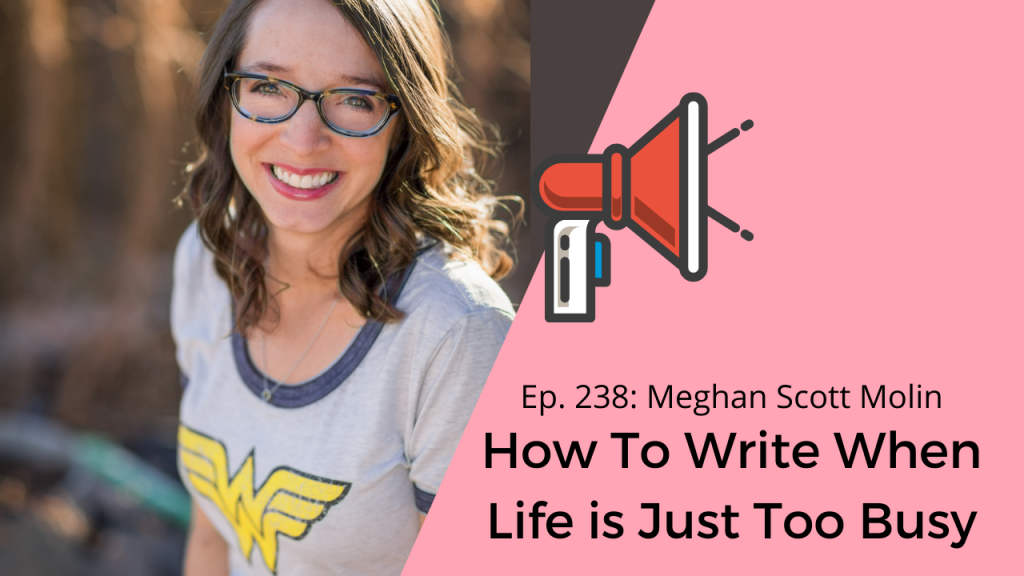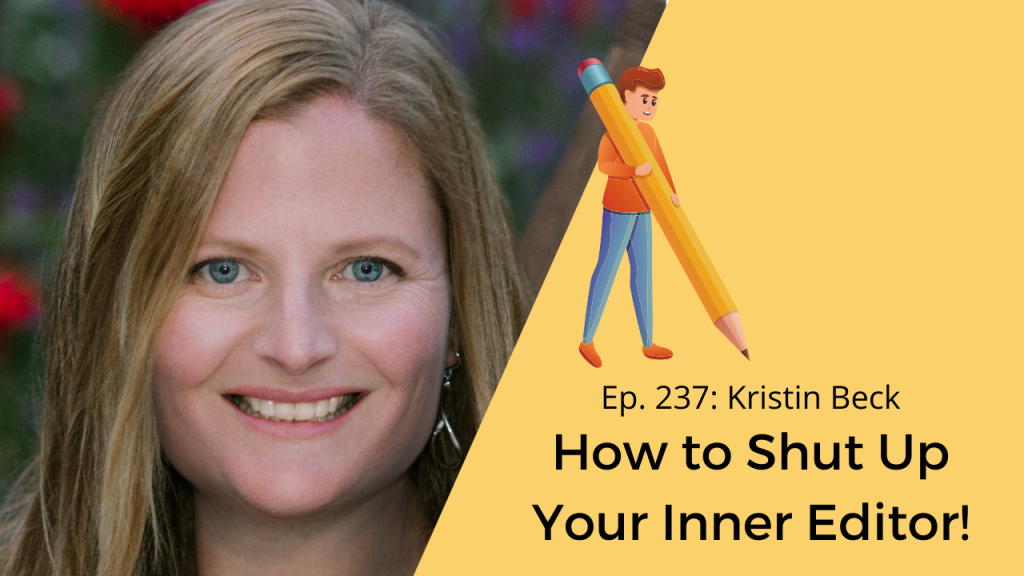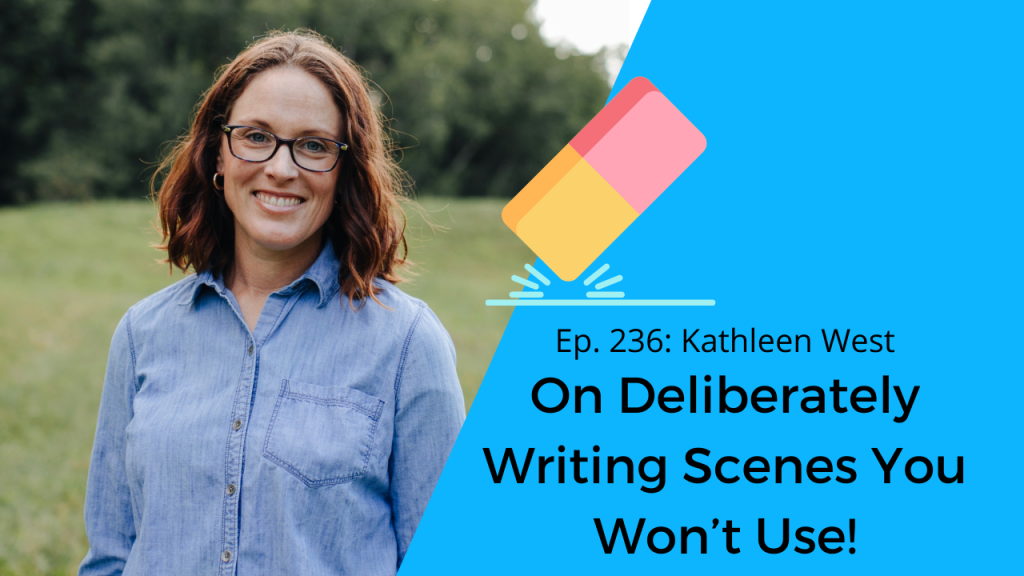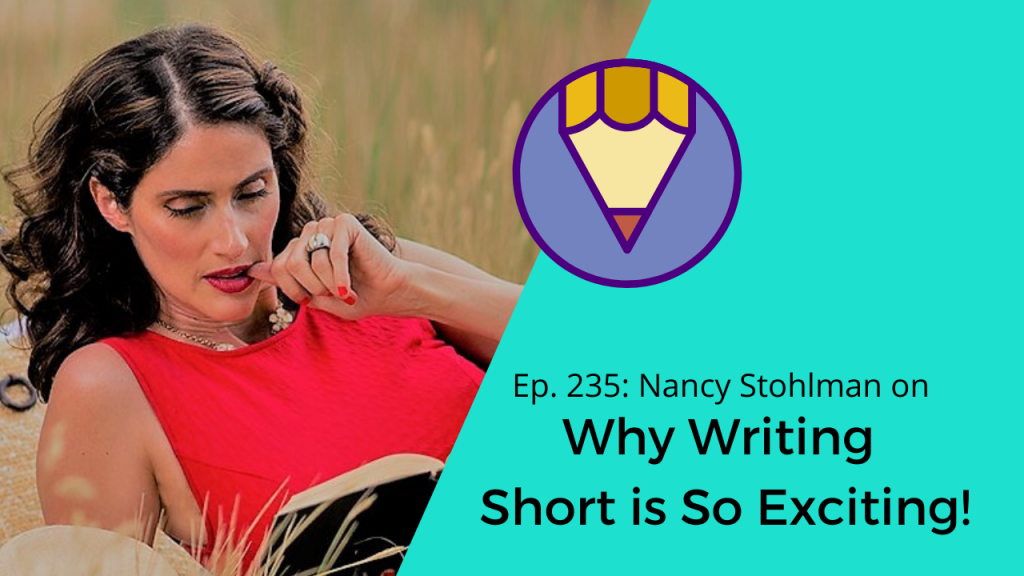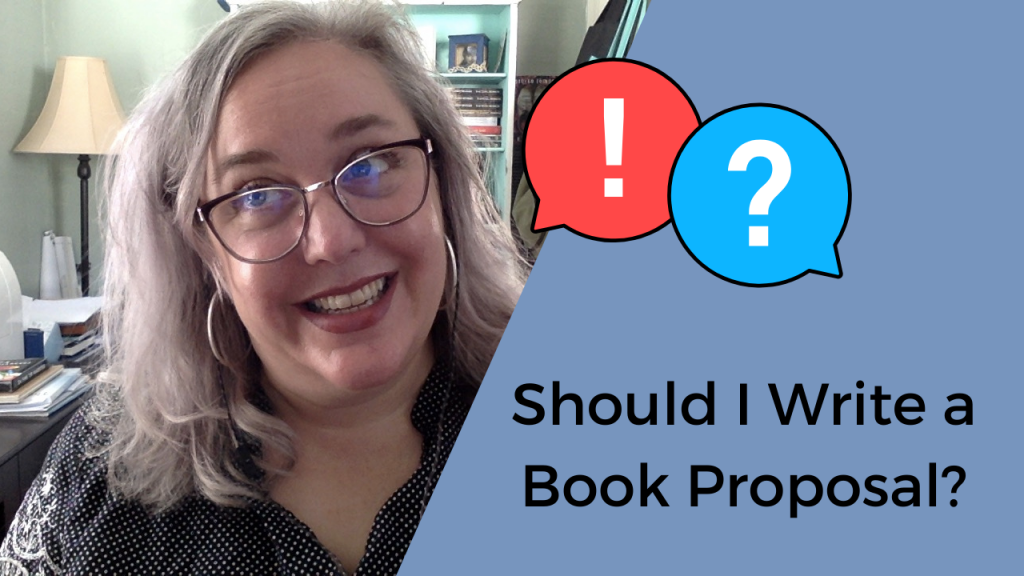Kirsty Capes works in publishing and, as a care leaver, is an advocate for better representation for care-experienced people in the media. She recently completed her PhD which investigates female-centric care narratives in contemporary fiction, under the supervision of 2019 Booker prize-winner, Bernardine Evaristo. Careless is her first novel.
How Do You Write Podcast: Explore the processes of working writers with bestselling author Rachael Herron. Want tips on how to write the book you long to finish? Here you’ll gain insight from other writers on how to get in the chair, tricks to stay in it, and inspiration to get your own words flowing.
Join Rachael’s Slack channel, Onward Writers!
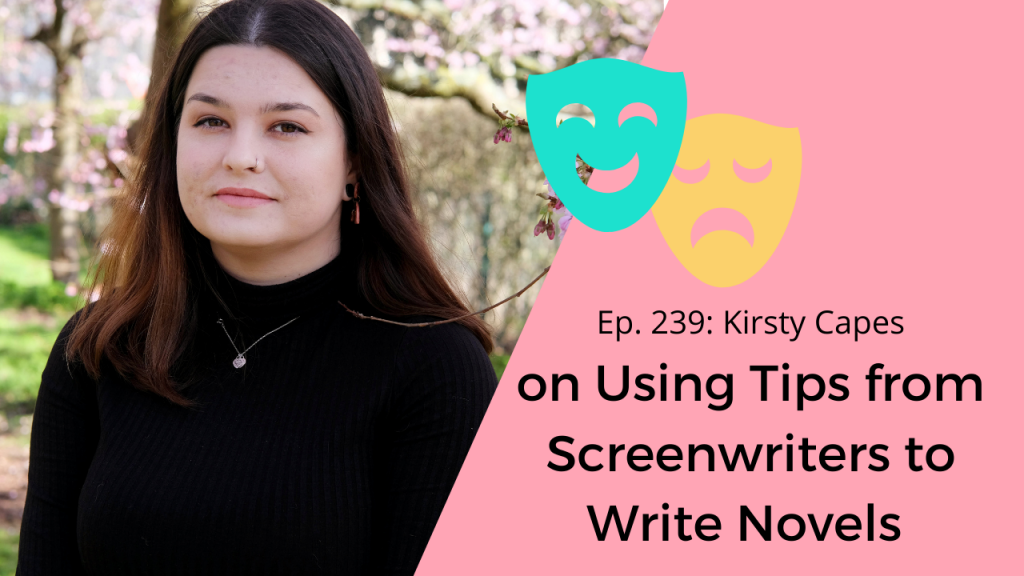
Transcript:
Rachael Herron: [00:00:00] Welcome to “How do you Write?” I’m your host, Rachael Herron. On this podcast, I talk to authors about how they write, what their process is and how their lives fit together. I’ll keep each episode short so you can get back to writing.
[00:00:16] Well, Hello writers! Welcome to episode # 239 of “How do you Write?” I’m Rachael Herron. I am so thrilled that you’re here with me today. If you’re watching on the video, I am in a friend’s house who is out of town, housesitting for her, so that’s why it looks a little bit different. Might sound a little bit different, that might keep happening for a while on the show. As you know, today we are talking to Kirsty Capes, and we are talking about stealing or borrowing tips from screenwriters in order to write novels and she was, as all my guests are, delightful, so, I know that you will enjoy the interview, stick around for that. [00:00:52] What’s going on around here? Well, moving is continuing a pace. It’s been a very exciting, very incredibly busy week. Probably the busiest we’ve had so far as we completed cleaning up the house, getting the interior painting done, getting the staging done. We, I just realized this morning when I was journaling that we are not homeless because we have a house, but we are without a home. Our home has gone. The staging is ridiculous. It is just ridiculous. If you look at my Twitter, I have linked, or on my Instagram too, I have posted pictures of what the stagers did to our house. It is so fancy. It is mid-century modern; it has clean lines; it has light colors. It’s white carpet. Oh, it’s white carpet. All of that has been done. All of that has been put in and as of yesterday, people are coming through the home and hopefully somebody will want to buy it as soon as possible. I’m here in this friend’s house for another few days, and then we will go back to the house and we will live in the staged furniture, which makes me very nervous, especially when it comes to my wife and her coffee cup on those white carpets so that’ll be interesting. I’m just planning on buying drop cloths, drop cloths and putting them absolutely everywhere because I don’t trust us, I don’t trust myself and I don’t trust her. So, it is a weird feeling. We have everything that is hours that we need for the next, however long with us. We have our clothes, we have our computer setups, everything that is not packed and ready to be put in a shipping container is with us, besides our kitchen stuff, we did leave a minimal amount of kitchen stuff in our kitchen because we are cooks and we will keep cooking and we will pack up the spices and our favorite two pots at the very last minute, right before we leave the country at the end of July. [00:02:54] So, for the next two months, we are without a home, home. Without our home that we created together and have lived in together for the past 15 years. But what was home? What is home, really? Home is my people, my wife, my family. Home is my writing, home is reading. Home is talking to you all, home is thinking about writing. Home is teaching, home is being with my students, that is all home. That’s all the home that I need. Get back to me in six months and see how I feel about that statement. But it is pretty exciting right now. And I’m feeling, I’m pretty good, I really am. I’m glad that we rehomed our cat Waylon when we did, because he is settled in so beautifully and that makes me so happy. And my little dog dozy is actually going to be living in this home behind us until we can send for her, until we buy a home and can send for her. She’s going to be living with my friend Sophie, and that’s the house we’re in. So, it’s really pretty nice that we’re spending 10 days in this house, with the house with dozy so that she can get to know this as her new home as well. And, when it comes to writing, I can admit that it, except for the two hours, twice a week, where I’m in RachaelSaysWrite, where I’m writing, that’s about the only time I’m writing right now. It’s been, rough and that’s fine because I’m actually not on a deadline right now, I’m just doing different projects, finishing up some revisions of things. And I do get those four hours a week, but on the other days I have been, I’m not a step tracker, but my aura rank that I wear, that tracks my sleep, I am a sleep tracker because I have terrible sleep and this has really helped me to get better sleep. It also tracks my steps and I was really impressed when I started to get 11 and 12 and 13 and 15,000 steps a day as I was, you know, moving around the house, packing, moving, cleaning, doing all this stuff. But over this last weekend, I was getting 23, 24, 25,000 steps a day. Absolutely exhausted. So much to do. And it’s, it’s seemingly never ending. So, I think that now that the whole, the house is open for business and people are coming through, there’s really nothing left to do. There’s nothing left to pack. I would like a nice 5,000 step day where I just walk from the, this desk to the bathroom and back, and maybe out for a coffee. [00:05:20] So, that, because Sophie lives in a place where there is walkable, I have to tell you, this is one of our dreams, is to someday live, where we can walk to things. For 15 years, we have lived in a place in east Oakland. There is nothing to walk to, even the liquor store is closed. There’s literally nothing to walk to at all. Here, at Sophie’s house, there is a Trader Joe’s, there is a Pete’s, coffee shop. There is a Chipotle, there’s 31 flavors. There’s a comic book shop, like literally two blocks away. So, someday in New Zealand, we would love to move someplace where we can walk to some place. Walking to a cafe, isn’t that amazing? And we’re entering a time where, perhaps, you’re getting closer to being able to write in cafes again. In New Zealand, of course, we’ll be able to write in cafes because they’ve been opened since last June of 2020. But all of us in the United States, too, we’re getting to a place where perhaps the writers are going to be able to go out and write again. And for a lot of us, that’s kind of a big deal. However, we have gotten used to writing at home, haven’t we? So that’s been something that’s one of those silver linings of the pandemic. Perhaps we all had to learn how to write and revise in our homes, which is something that I’ve heard from a lot of writers, is something that we were really bad at, a lot of us were really bad at. So, that’s exciting. I’m just going to jump in to the interview right now. I’ve updated you on all the important things. So please enjoy this. Please get some of your own writing done, whether that’s in your home or in your car, or on one of those car lap desks like I have. And then come find me where I am on the internet and tell me about it. I really, really love hearing from you all about where and what kind of writing you’re doing, what you’re struggling with. Please, let me know. I will be doing a mini episode soon, probably within this next week. So, if you have any questions, I have a couple of questions that are waiting in the queue that I will get out in that mini episode and I really love doing those. So, if you are at patron at the level at which I am your mini coach, which is $5 a month, lay some questions on me. Let’s get some good ones in there. There are already good ones in there. Let’s get some great, a great selection to do a mini episode on and thank you all for listening. Thank you all for being here. Thank you for being writers cause you’re amazing. Okay. Bye. [00:07:41] Hey, is resistance keeping you from writing? Are you looking for an actual writing community in which you can make a calls and be held accountable for them? Join RachaelSaysWrite, like twice weekly, two hour writing session on zoom. You can bop in and out of the writing room as your schedule needs, but for just $39 a month, you can write up to 4 hours a week. With our wonderful little community, in which you’ll actually get to know your writing peers. We write from 8:00 AM to 10:00 AM on Tuesdays and 4:00 PM to 6:00 PM on Thursdays and that’s US Pacific Standard Time. Go to RachaelHerron.com/Write to find out more.Rachael Herron: [00:08:21] Well, I could not be more pleased to welcome to the show today, Kirsty Capes. Hello, Kirsty!
Kristy Capes: [00:08:26] Hi! Thank you so much for having me, so lovely to meet you, Rachael.
Rachael Herron: [00:08:29] It’s a thrill to have you on the show and I’m so happy to talk about writing today. Let me give you a little introduction. Kirsty Capes works in publishing and, as a care leaver, is an advocate for better representation for care-experienced people in the media. She recently completed her PhD, congratulations, which investigates female-centric care narratives in contemporary fiction, under the supervision of 2019 Booker prize-winner, Bernardine Evaristo. Careless is her first novel. And when this releases, it will have just, the book will have just released. So, congratulations on that.
Kristy Capes: [00:09:05] Thank you.
Rachael Herron: [00:09:07] Have you, we don’t have a term that I can think of, and it may be a blind spot in my vocabulary. And I shouldn’t even say the word blind spot, but using more sensitive language, but we don’t have, we don’t use the term care leaver here in the states, as far as I know. Can you explain what a care leaver is?
Kristy Capes: [00:09:25] So a care leaver is anyone who has spent time in the care system at any time in their life. I think generally, from like a policy governmental perspective, it’s six months in the care system. Although I might be wrong on that, it might be three months. And they have left the care system. So, you know, they’ve either aged out or they’ve left whatever care situation they were in.
Rachael Herron: [00:09:59] I feel like here, at least there, people, I hear conversation, people talking about there should be a term. We should have a term. Instead, we just have foster kids who’ve aged out and that’s, I mean, there might be a better phrase for that, but I love that you are an advocate for this and talk to me a little bit about how your first novel is about this subject. Did you always want to do this or is this just kind of what came out of your body as a care leaver yourself?
Kristy Capes: [00:10:25] Yeah, so I think there was definitely a part of it that it just came out of my body as you say. So, I grew up in foster care myself and I always wanted to write. I always wanted to be a writer. I was a really big reader as a kid and I had, I went to university and I did creative writing at university. And a lot of the creative writing that I was doing, were kind of short stories and poems and things like that, that were kind of influenced by my own experience growing up in care. So, I had all of these kinds of bits and pieces of writing, where I was kind of looking at the care experience, dealing with my own care experience, kind of working through some of that. And I got to the point where, I was, I felt as though I was ready to start writing a book and it seemed very natural for me to write something about care because I’d been through it myself. I had so much firsthand experience of it. I had a lot of writing already on the care experience and it felt like it was something that I needed to do for myself to kind of have some sort of catharsis maybe to, you know, kind of deal with some of the sort of unresolved bits of my own experience. And also, you know, I was very, very aware that when I was growing up in care, there were very few representations of people like me in the books that I was reading. And as such a big reader, especially as a child, it was so it felt very important to me to write something that felt very true to my own experience, but also felt more of a positive and hopeful representation, of someone who’s been in foster care. And that’s kind of where Careless came from it.
Rachael Herron: [00:12:28] It, I’m not done with it yet, cause I just started it the other day a little bit late, but it is beautiful.
Kristy Capes: [00:12:34] Oh, thank you.
Rachael Herron: [00:12:35] Your writing is just sublime and it deserves all of the accolades that you are getting. I’m so excited to read more of it. Let’s talk a little bit about what your writing process is like. How do you get it done? Do you have a full-time day job? Are you working around that? Are you working on the next book? Tell us all about that.
Kristy Capes: [00:12:56] Well it’s interesting that this podcast has fallen when it has, because I just sent my second book to my editor yesterday, first draft.
Rachael Herron: [00:13:08] Like, and as we’re recording this, I think your book comes out in about a month. Is that right?
Kristy Capes: [00:13:13] Yeah. About three weeks. Yeah.
Rachael Herron: [00:13:15] That’s exactly the timeframe I had for my first two books. And I hated turning in my second book before the first one had come out. It was also,
Kristy Capes: [00:13:22] Yeah, it was really insane. So, yeah, I mean, it’s all at the front of my head at the moment, so I can tell you all about it. But, I had, I do have a full-time job. I have a nine to five. I work for HarperCollins, funnily enough. For mills and boon, which I think in the states is called Harlequin. So, lots of lovely romance.
Rachael Herron: [00:13:46] I’m also a romance writer, so
Kristy Capes: [00:13:49] Oh, amazing! So yeah, I do my nine to five there. And,
Rachael Herron: [00:13:55] What do you do there?
Kristy Capes: [00:13:56] I do marketing, which is loads of fun. I love working there. It’s just the best. So yeah, so it’s been, it was quite intense. And I think originally when I got my book deal, back last year, in February last year, they kind of asked me when I would be able to deliver book two. And originally, they wanted January, 2021. And I was also doing a PhD at the time last year as well. So,
[Read more…] about Ep. 239: Kirsty Capes on Using Tips from Screenwriters to Write Novels